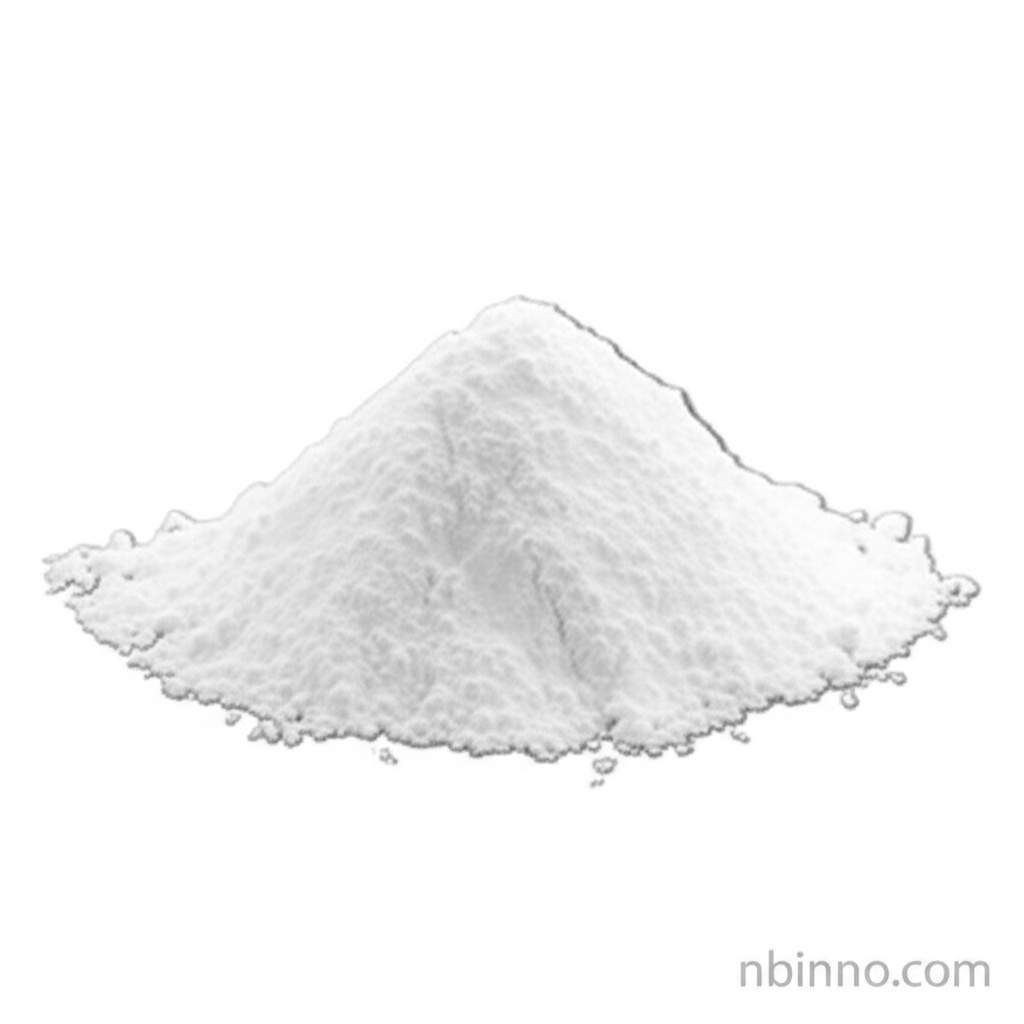Microcrystalline Cellulose: The Backbone of Pharmaceutical Formulations
Discover the exceptional properties of Microcrystalline Cellulose as a leading excipient for robust and reliable tablet and capsule manufacturing.
Get a Quote & SampleUnveiling the Core Value of Microcrystalline Cellulose

Microcrystalline Cellulose
Microcrystalline Cellulose (MCC) is a refined wood pulp derivative that serves as a cornerstone in the pharmaceutical industry. Its unique physical and chemical properties make it an indispensable excipient, prized for its exceptional compressibility, flowability, and inertness. This makes it ideal for direct compression and wet granulation processes, ensuring consistency and stability in tablet and capsule production. By acting as a binder, filler, and disintegrant, MCC contributes significantly to the quality and performance of a vast array of pharmaceutical dosage forms.
- Microcrystalline Cellulose Tablet Binder: MCC provides strong binding properties, ensuring the mechanical integrity and stability of tablets, essential for smooth manufacturing processes and product shelf-life.
- MCC Pharmaceutical Excipient: Recognized for its inert nature and broad compatibility, MCC is a preferred excipient for diverse active pharmaceutical ingredients, minimizing unwanted reactions.
- Direct Compression Microcrystalline Cellulose: Its excellent compressibility makes MCC ideal for direct compression, streamlining tablet manufacturing by reducing steps and enhancing efficiency.
- Wet Granulation MCC: In wet granulation, MCC aids in the even distribution of fluids and improves granule properties, leading to more uniform drying and tablet formation.
Key Advantages of Using Microcrystalline Cellulose
Exceptional Compressibility
Microcrystalline Cellulose filler exhibits superior compressibility, allowing for the formation of strong tablets even at low compression forces, crucial for successful direct compression tableting.
Enhanced Flow Properties
As a filler and flow aid, MCC improves powder flow, ensuring consistent die filling and uniform tablet weights, which is vital for high-speed pharmaceutical manufacturing.
Cost-Effectiveness and Versatility
The multifaceted role of MCC in tablet formulation as a binder, filler, and disintegrant reduces the need for multiple excipients, offering a cost-effective and simplified manufacturing process.
Key Applications of Microcrystalline Cellulose
Tablet Binding
Microcrystalline Cellulose properties as a binder ensure tablet integrity and reduce friability, a critical aspect for solid dosage form manufacturing.
Capsule Filling
In capsule filling, MCC acts as a flow agent and filler, ensuring accurate dosing and smooth processing through machinery.
Pharmaceutical Formulations
As a versatile excipient, MCC tablet formulation contributes to the stability, compressibility, and release characteristics of a wide range of pharmaceutical products.
Food and Cosmetic Industries
Beyond pharmaceuticals, MCC serves as a bulking agent in food and a texturizer in cosmetics, demonstrating its broad industrial utility.
